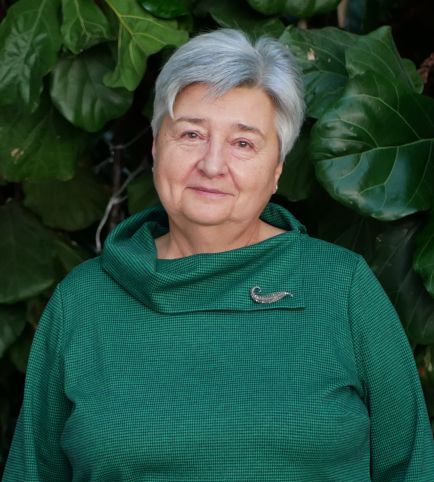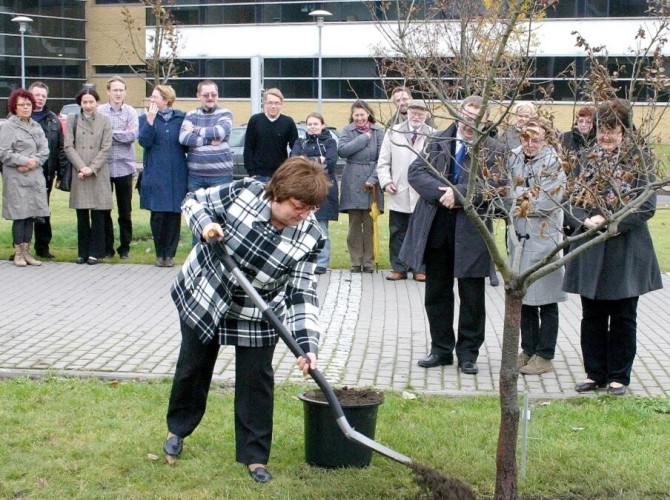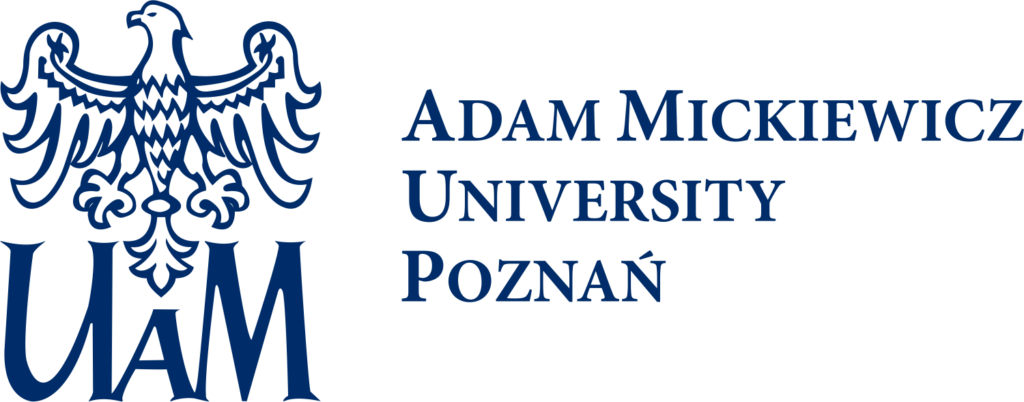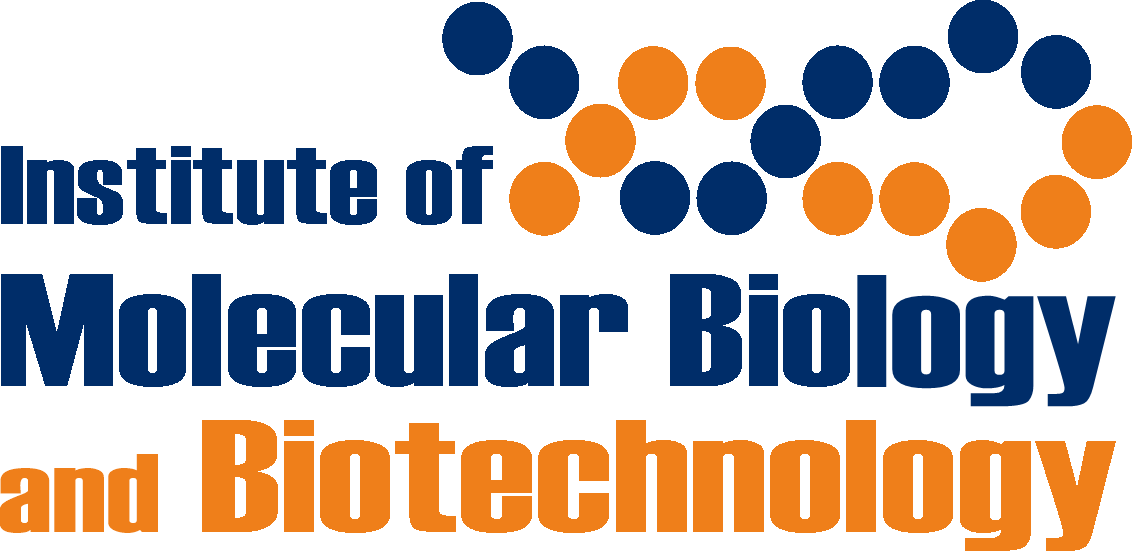IMBB history
English / Polski
The Institute of Molecular Biology and Biotechnology (IMBB) was established in 1992. It was composed of four previously existing departments within the Faculty of Biology: the Department of Bioenergetics, the Department of Biopolymer Biochemistry, the Department of Carbon and Nitrogen Metabolism, and the Department of Plant Molecular Biology. Founding Fathers of the Institute were there professors: Prof. Jacek Augustyniak (head of the Department of Biopolymer Biochemistry), Prof. Jan Michejda (head of the department of Bioenergetics) and Prof. Ryszard Schramm (head of the Department of Carbon and Nitrogen Metabolism).

Prof. dr hab. Jacek Augustyniak

Prof. dr hab. Jan Michejda

Prof. dr hab. Ryszard Schramm
The rapidly developing fields of molecular biology, biotechnology and bioinformatics at the end of the 20th century stimulated the development of IMBB, which has experienced a rapid transformation since its establishment. Further development of underrepresented studies on human molecular genetics in IMBB (which is a very popular field for students) has further guided efforts to develop the Institute. At the very beginning of the 21st century, bioinformatics laboratories were established, which later transformed into departments and also strengthened other institutes in the Faculty of Biology (Institute of Biology and Human Evolution). These departments continue to play an important role in raising the quality of research, due to the introduction and creation of bioinformatics tools supporting the formulation of research hypotheses and analysis of the obtained experimental results. The Department of Biotechnology was created from the former Department of Biopolymer Biochemistry. There, research on plants was conducted and modern tools for obtaining transgenic plants, genome editing and whole-genome analysis were applied. This department had been transformed into two laboratories in 2019 (the Biotechnology Laboratory and the Genome Biology Laboratory) that develop research on the mechanisms of signal transduction, meiotic recombination and chromatin remodeling in the context of regulation of gene expression in plants. In turn, the Department of Molecular and Cellular Biology (established on the basis of the Department of Plant Molecular Biology) introduced state-of-the-art microscopic techniques for structural analyses and intermolecular interactions to IMBB. A new Department of Human Molecular Genetics was established in 2008 to conduct research on the molecular basis of cancer and inflammation. This department was the first to introduce animal and human cell cultures and patient material for research at IMBB. In 2020, the Laboratory of RNA Biochemistry was formed from the previous Department of Carbon and Nitrogen Metabolism. This department focuses on researching the role of RNA molecules in the regulation of metabolism, in particular, the regulation of defense and adaptive mechanisms of bacterial cells. The Department of Bioenergetics conducts modern research on the molecular basis of energy conversion, with particular emphasis on the physiological and pathophysiological processes occurring in mitochondria. The Department introduced to the Institute a plethora of model organisms starting from eucaryotic microorganisms to higher plant and human. A special role in the development of IMBB was played by Prof. Zofia Szweykowska-Kulińska and Prof. Artur Jarmołowski who together founded the Department of Gene Expression in 1996 on the basis of employee transfer from the Department of Biopolymer Biochemistry.

Prof. Zofia Szweykowska-Kulińska

Prof. Artur Jarmołowski
Initially, in this department, only research on RNA metabolism in plants was conducted, especially the splicing and biogenesis of microRNAs. Under their inspirational leadership and as Institute Director and vice-director of scientific affairs, over the years Prof. Zofia Szweykowska-Kulińska and Prof. Artur Jarmołowski transformed the department of Gene Expression into an incubator for newly recruited young researchers who establish their own research groups and create new departments or laboratories.
There are now eight independent research groups within the Department of Gene Expression. These research groups led by young, independent scientists recruited from all over the world are mainly focused on RNA (integration of different levels of gene expression regulation – chromatin, transcription and RNA processing), development of new gene therapies based on RNA interference tools and antisense oligonucleotides, stem cell technologies in the development of therapeutic strategies for type 2 diabetes, or links between protein structure and function and epigenetic mechanisms. The crowning achievement of developing RNA topics at IMBB was the of KNOW Center (National Leading Center in RNA research, together with the Institute of Bioorganic Chemistry PAS in Poznan) in 2014. Moreover, IMBB is a leader in the Faculty of Biology when it comes to obtaining scientific projects funded from national and international sources (European Commission grants, ERC grants). The dynamic nature of the IBMiB development is emphasized by the following numbers: in 2009 it comprised of 44 employees and 36 PhD students and in 2024 – 92 employees and 70 PhD students.

20th anniversary of the Institute. 2012 The ceremony of planting an oak with three branches in front of the Collegium Biologicum, depicting the founders of the Institute of Biochemistry and Molecular Biology, professors Ryszard Schramm, Jan Michejda and Jacek Augustyniak.
The main branch of IBMiB emerges from the three branches.

